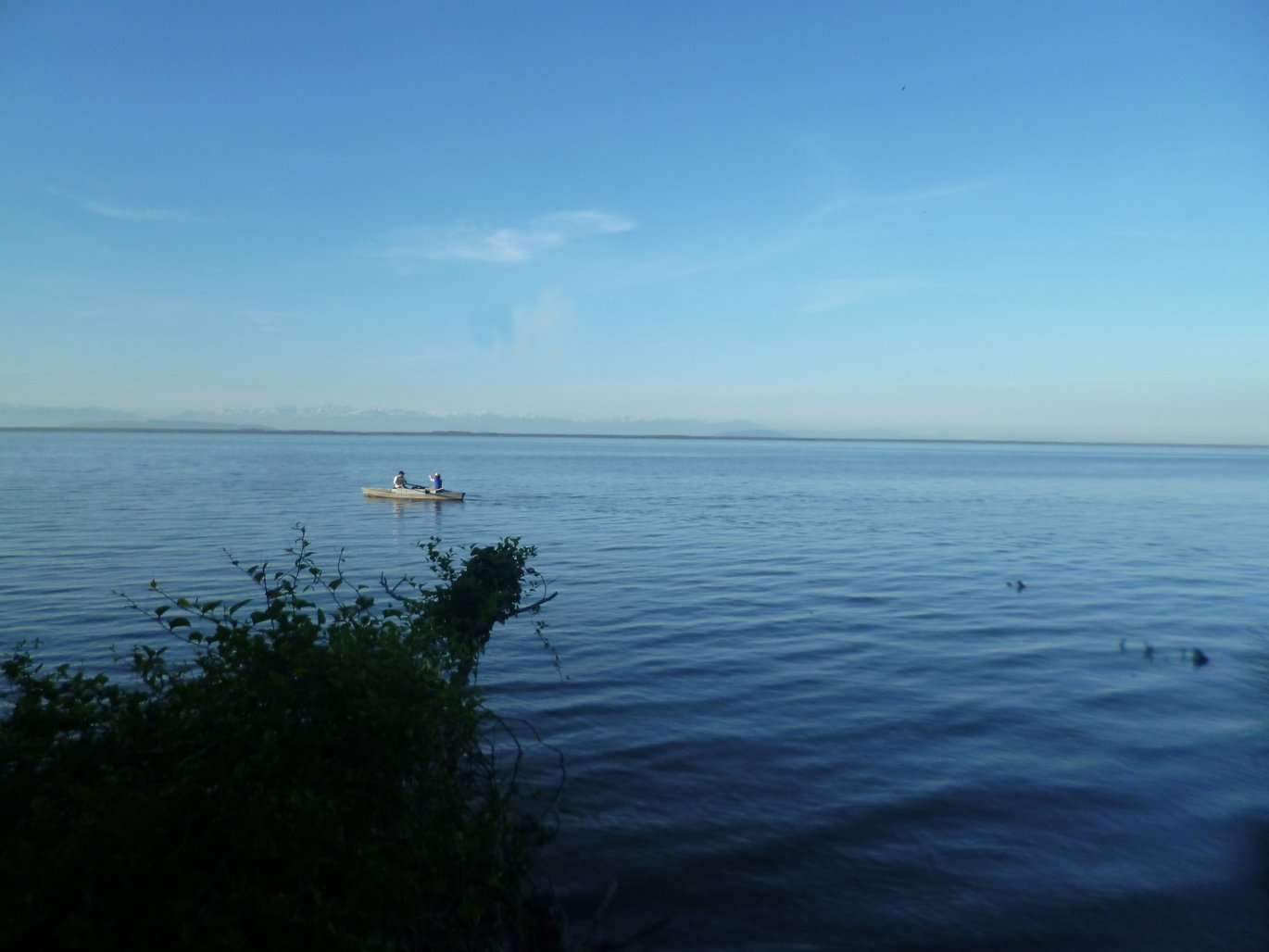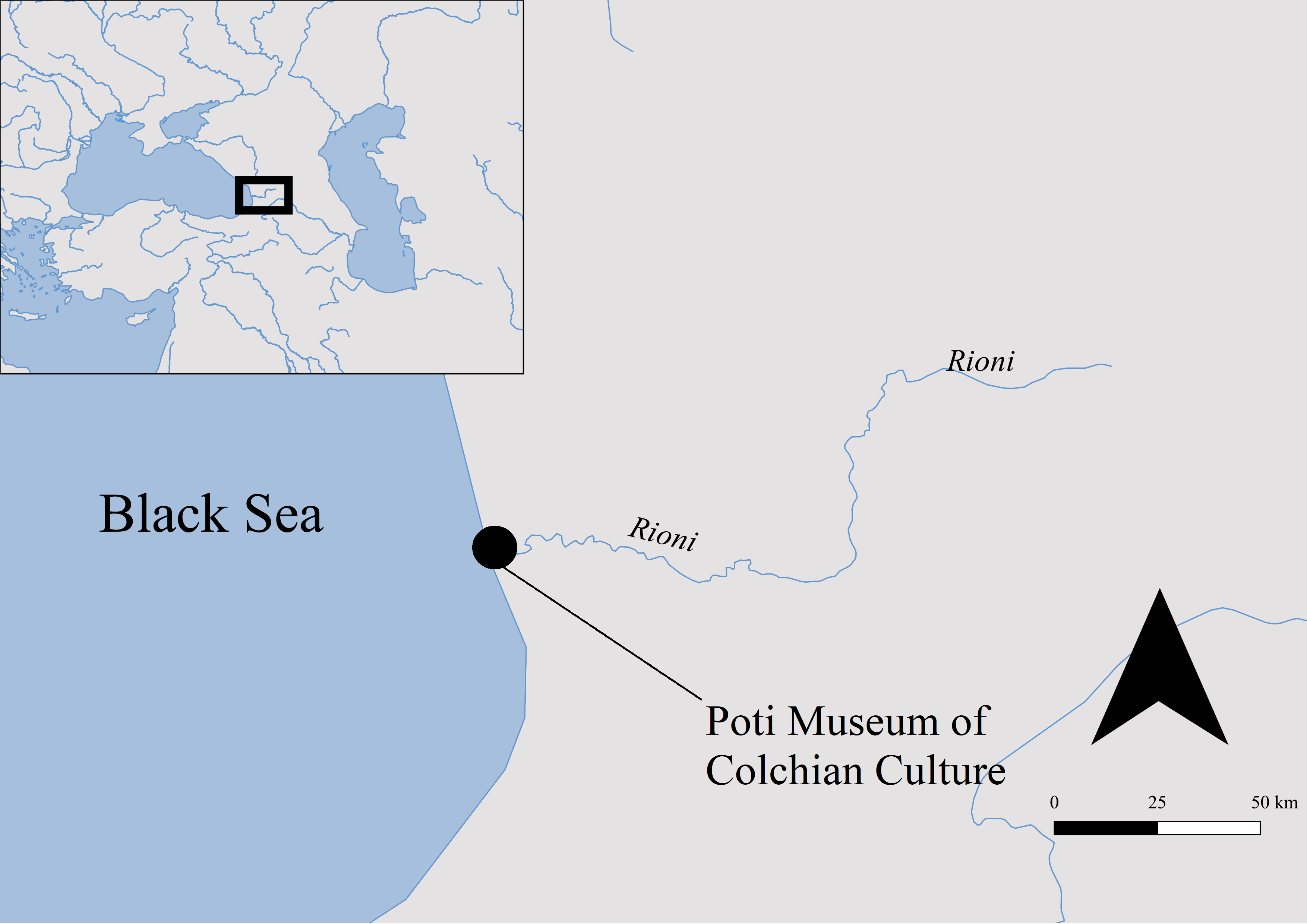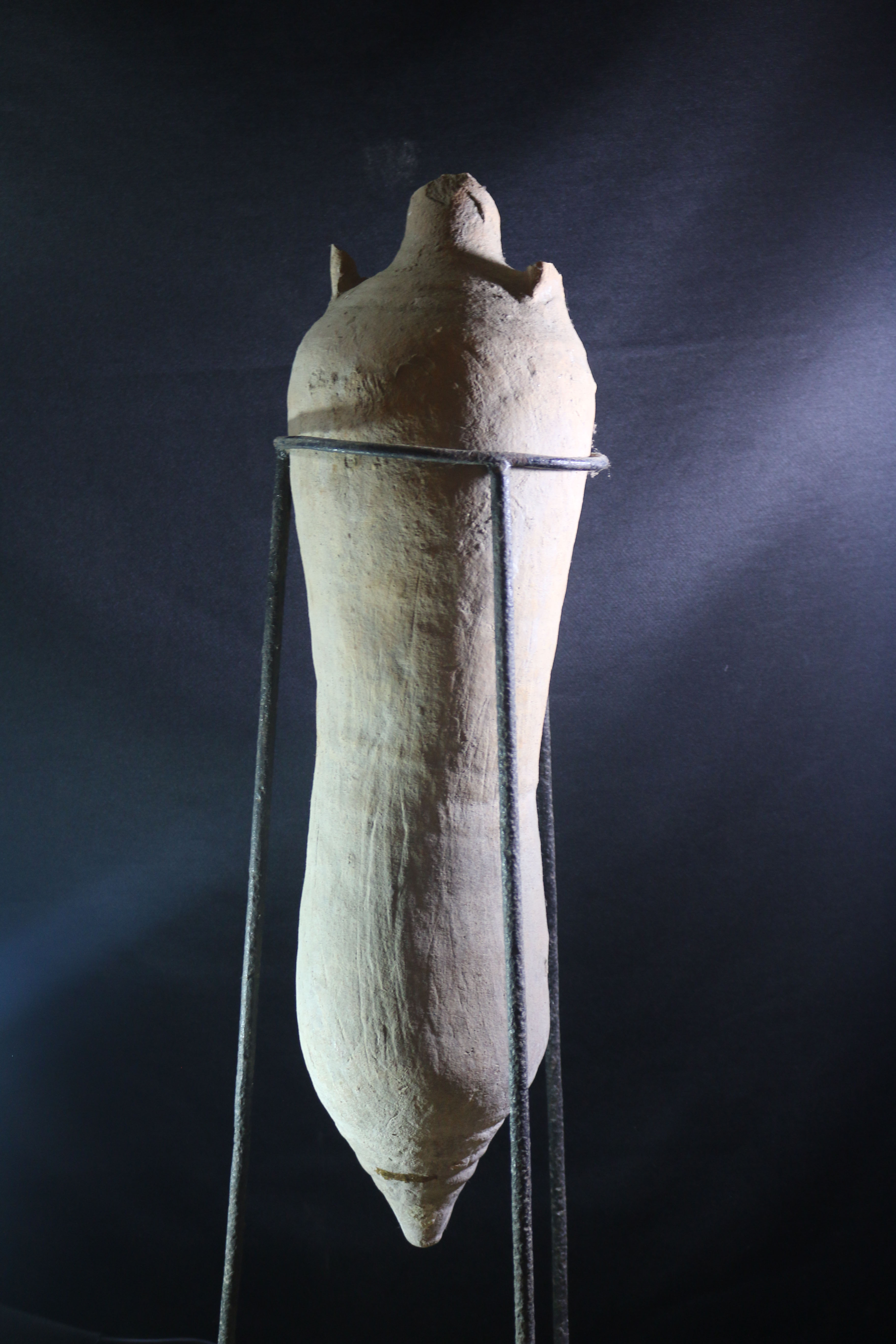Urban networks and exchange on the eastern Black Sea coast
Assistant Professor Emanuele E. Intagliata reflects on the results of his study season in Georgia in spring 2019.



By Assistant Professor Emanuele E. Intagliata
Excavations and surveys by different archaeological projects in the delta of the river Phasis (modern-day Rioni, western Georgia, Figs. 1–2) have been ongoing for more than sixty years. In spring 2019, Assistant Professor Emanuele E. Intagliata in collaboration with Davit Naskidashvili (Ivane Javakhishvili Tbilisi State University) and Elene Gabliani (Poti Museum of Colchian Culture) commenced the systematic study of the material brought to light by these projects. The study is currently ongoing, but has already reached important results for our understanding of trade patterns and exchange on the eastern Black Sea littoral in the medieval period.
According to written sources, the Rioni Delta was in Antiquity home to the city of Phasis, which still awaits to be decisively identified and excavated. The city was an important exchange hub throughout the Roman period and Late Antiquity and one of the main ports of entry for goods and people into the Caucasus. The study has so far revealed that the delta was highly permeable to foreign commodities throughout Late Antiquity, but a considerable number of local amphorae were also exported (Fig. 3). In Lake Paliastomi (Fig. 1), the underwater site of Nathekhebi, which is the most likely candidate for the lost city of Phasis, has yielded significant data that suggest the existence of strong links with urban centres in the Black Sea and the Mediterranean. In addition, a drop in the number of sites has been noted after the seventh century. Future study seasons will clarify if other areas along the course of the Rioni were affected by the same change.
